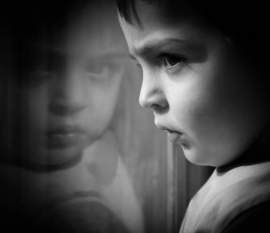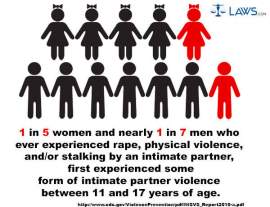
A Guide to Children’s Rights

Must Read
What are Children’s Rights?
The institution of Children’s Rights is the system of benefits, freedoms, and privileges that are afforded to children within the scope of a society. Children’s Rights are considered to reside at the very foundation of the institution of human rights, which ensure the provision of rights to which every human being is entitled. In contrast to traditional human rights, a wide range of supplemental protection is latent within the tenets of Children’s Rights; this is considered to result from the exclusion of children from the classification of a legal and self-sufficient individual.
What is the Legal Classification of a Child?
With regard to Children’s Rights, a child or minor is defined as an individual who is below the age of legal adulthood. Although the stipulations correlating to minors vary by locational statutes, a minor are allowed the same legal and human rights as adults. However, specific activities exist in which the participation of children is forbidden; this prohibition of child participation is considered to result from a legal analysis in which activity presumed to require a heightened sense of maturity and growth specific to legal adulthood. Oftentimes, this level of maturity and experience is considered to be expressed within the classification of legal-adulthood.
The Foundation of Children’s Rights
Within the institution of Children’s Rights, the following rights and freedoms are considered to be entitlements to children whose protection and advocacy is the responsibility of the governing body of the country or nation of residence:
Children’s Rights state that children are entitled to the protection and defense from any and all activities that are considered to place their respective livelihood, wellbeing, and safety in jeopardy; circumstances and activities believed to compromise a child’s mental and physical heath are considered to be in direct violation of Children’s Rights – this includes all forms of child abuse
Children’s Rights ensure that children will be provided with environments in which they are free from subjection to neglect and exploitation; these provisions include the instatement of sufficient qualities of life, medical and mental health care, support, counseling, and education – furthermore, these provisions include the availability of sufficient shelter, food, and water
Children’s Rights mandate that children will be given access to organized programs and activities provided within their respective communities and environments, which allow them to undertake services and resources including libraries, group activities, and organized programs
Children’s Rights and Prohibited Activities
Within the scope of Children’s Rights, there exists the institution of ‘Juvenile Rights’, which are defined as activities and engagements within which children are prohibited; this prohibition is not considered to be an expression of prejudice or violation, but an act of protection from activities considered to be reserved for individuals classified as legal and self-sufficient adults – such activities include the prohibition of children from:
Engaging in – or being in anyway participatory – the construction or endorsement of a legal contract
The participation in sexual activity, regardless of consent
The purchase or usage of controlled substances, such as tobacco, alcohol, or firearms
NEXT: What is Child Advocacy





















